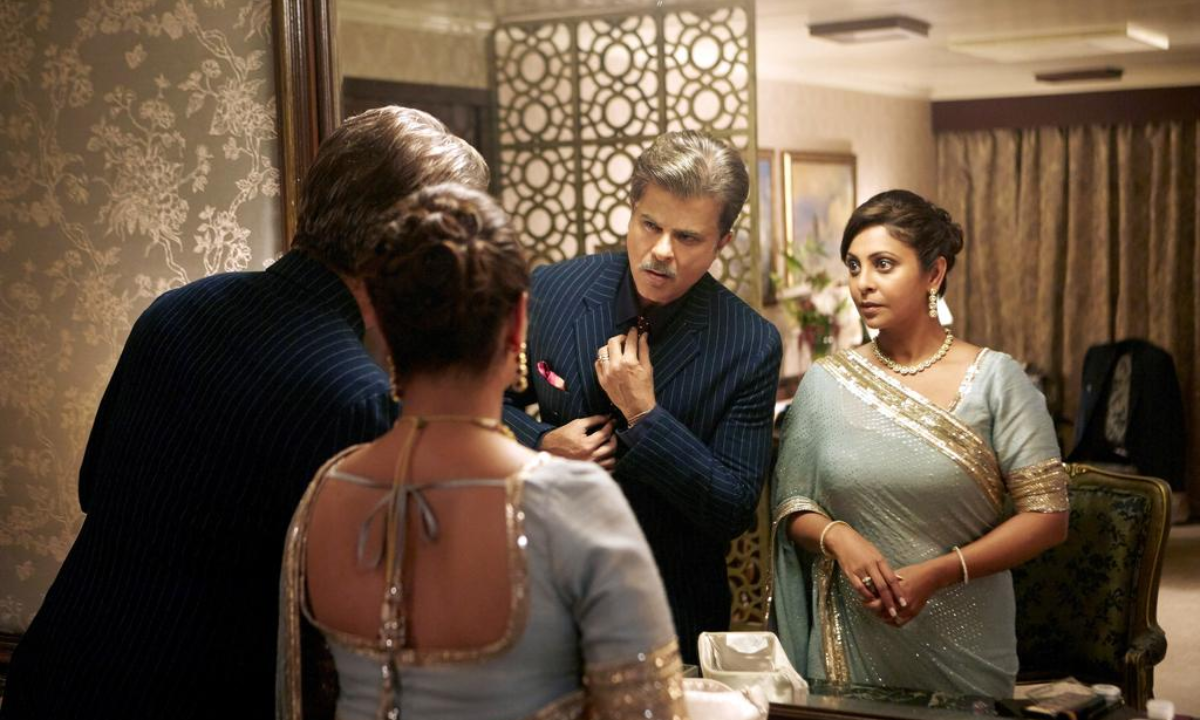Half Of Women Are Denied The Bodily Autonomy To Refuse Sex Or Use Contraception, Says UN Report

Nearly half of women and girls in developing countries are denied the right say yes or no to sex, seek healthcare and make decisions regarding the use of contraception, a United Nations report revealed. Women in these countries are denied agency and bodily autonomy, leading to a violation of their basic human rights. How many of these women are even aware that forced into sex or being denied contraception is a form of intimate partner violence? Around 70 % women in India do not consider it to be IPV.
This is the first report by UN that focusses on bodily autonomy, presenting the need for equality in a nuanced manner. The research spanning across 57 developing countries found that women are stripped of their right to be in charge of their own bodies. From not having access to contraception or abortion to being subjected to female genital mutilation and virginity tests, there are more ways than one the women are being denied bodily agency.
“The right to autonomy over our bodies means we must have the power and agency to make choices without fear of violence or having someone else decide for us,” said Natalia Kanem, head of the U.N.’s sexual and reproductive health agency, UNFPA. “By contrast,” Dr. Kanem says, “a woman who has control over her body is more likely to be empowered in other spheres of her life. She gains not only in terms of autonomy, but also through advances in health and education, income and safety. She is more likely to thrive, and so is her family.”
The report found that 29 % of countries do not guarantee access to overall maternity care, 25 % of countries fail to ensure access to contraception, 20 % of countries do not have laws supporting sexual health and wellbeing and 44 % of countries do not have laws supporting comprehensive sex ed.
“Twenty countries or territories have “marry-your-rapist” laws, where a man can escape criminal prosecution if he marries the woman or girl he has raped. Forty-three countries have no legislation addressing the issue of marital rape (rape by a spouse). More than 30 countries restrict women’s right to move around outside the home. Girls and boys with disabilities are nearly three times more likely to be subjected to sexual violence, with girls at the greatest risk,” reports UNFPA.
In fact, women in sub-Saharan Africa, South and Central Asia are least likely to have bodily autonomy. They are not able to refuse sex with a spouse or access sexual healthcare without consent from a male family member. In places such as Mali, Niger and Senegal, only 10 % of women had bodily autonomy. Kanem said this begins at the cradle. The social stigma around sex and a patriarchal familial system has been preventing women from having any agency whatsoever. The men of the house, power-hungry and oppressive have been making decisions for women.
“Gender inequality is the most insidious and pervasive impediment to bodily autonomy. It starts from the cradle,” Kanem said. “Gender unequal norms and attitudes lead to power imbalances that restrict women’s decision-making … (driving) the expectation that women and girls will yield to others in all aspects of their lives,” she added.
This report aimed to measure women’s power to make decisions regarding their physical and sexual wellbeing and the extent to which the government supports women’s bodily autonomy.
Kanem added that the coronovirus pandemic had worsened existing inequalities for women and girls.
“What was previously bad is now worse with the COVID-19 pandemic which has resulted in increasing sexual violence, more unintended pregnancies, and new barriers to health access along with job and education losses.”
Women in these countries are socially conditioned to believe they do not have the right to bodily agency with very few of them even considering sexual coercion by a partner to be rape. And those who do know this is a violation of their rights at the very molecular level, do not have the power to be able to stop it, especially since the laws are not in their favour. What can you expect when a rapist can legally get away by marrying the woman he assaulted? Why should a rape survivor be sentenced to lifetime of marital rape? Not having any bodily autonomy sets foundation for some of the most gruesome crimes against women, and a lifetime of suffering.
A study by Momspresso revealed that most Indian women do not have access or full agency over using contraception. “Four out of five (84%) respondents said that the decision to use contraception was taken jointly by both the husband and the wife. About 35% were not using any kind of contraception but one-fourth said it was a matter of concern for them. Around 32% also did not know where to seek help from regarding use of contraception. Those who did, mostly turned to relatives and friends and less than 35% were aware of helplines and online forums,” reported Times Now. What’s worse is that most women are not even aware that they are being violated by their very partners.
ALSO READ: 63% Men Believe It’s Okay To Beat Their Wives Up If Refused Sex. This Rot Runs Deep
“It is ironic that the onus of using the contraceptive is on women but the choice is not with her,” says Parul Ohri, chief editor, Momspresso. “Women are taught that their primary duty is being a mother, so because of this social conditioning she herself feels guilty if she is even thinking about contraception.”
“Women need to realise that being denied any choice about their body or health is a form of violence and violation,” Ohri says. And the world needs to realise that too!

















